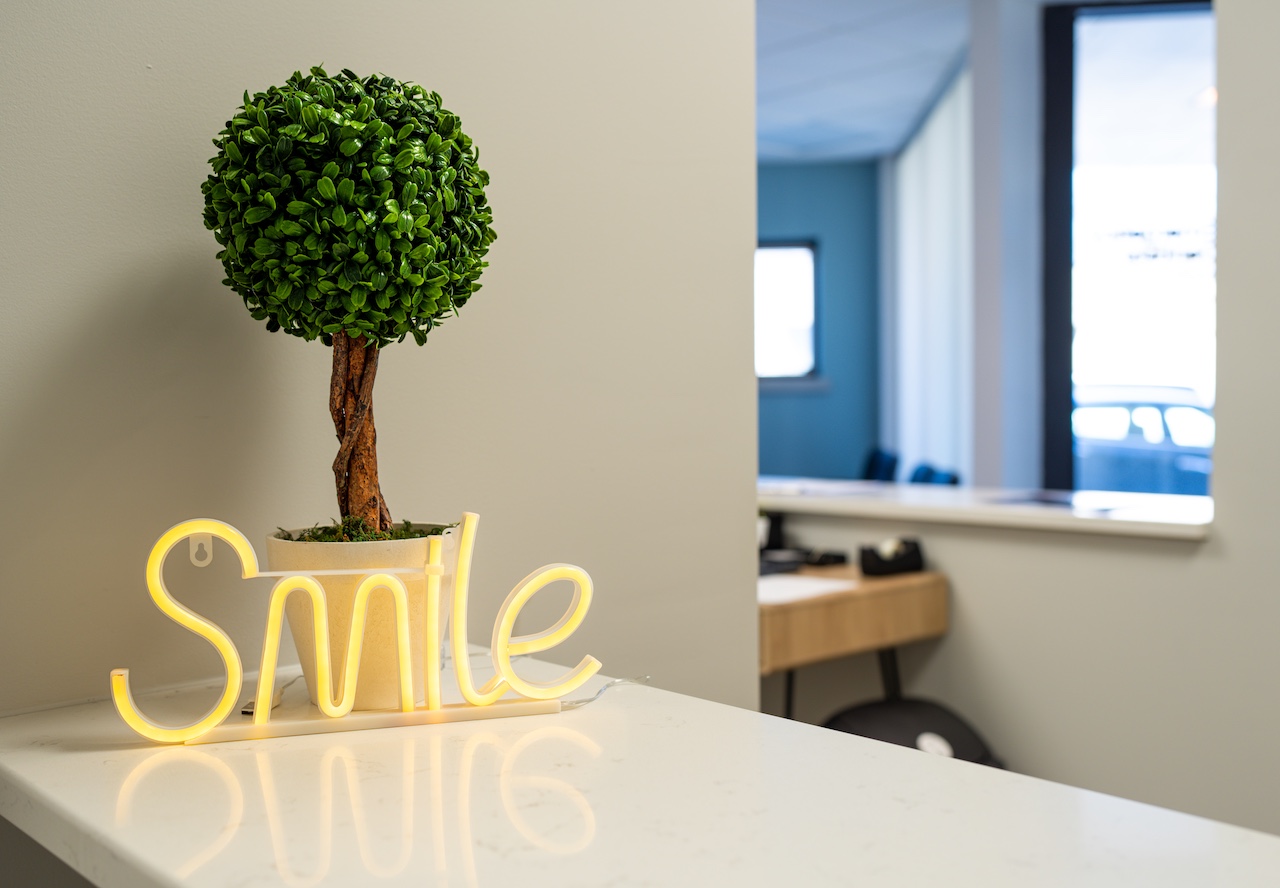Special Considerations and Expert Solutions
Pregnancy is a time for lots of change. Between doctor’s appointments and preparing for your new arrival, it can be easy to overlook dental health. Understanding the changes that occur with oral health during pregnancy is important not only for the mother but the unborn child as well. Some may wonder if it is safe to visit the dentist during this time. We are here to put the old wives tales to rest and give you information you need to make the most educated choices about your dental health during pregnancy.
Changes During Pregnancy
The American Dental Association report two common dental conditions associated with pregnancy. Morning sickness, one of the first accompaniments to pregnancy, increases the risk of dental problems in pregnancy. As the pH in your mouth becomes more acidic, it raises the risks of tooth decay. Unfortunately, morning sickness usually makes brushing difficult because of a sensitive gag reflex. Regular dental checkups quickly address any developing problems.
Hormone changes in the body during pregnancy can cause gums to become inflamed and swollen. If left untreated, this condition called gum disease, can lead to more serious problems such as tooth loss. In addition, there is a link between periodontal disease and preterm labor. It also places the unborn child at risk for future dental problems. Active tooth decay can spread through saliva from mother to child perpetuating dental problems. The good news is that gum disease, if treated early, is reversible!
Taming the Old Wives Tales
In prior years, it was thought that it was unsafe for a dentist to treat someone who is pregnant. The main concerns revolve around medications or anesthetics that may cross the placental barrier, x-ray concerns, as well as timing in the pregnancy.
- Medications: Although Lidocaine, one of the most common dental anesthetics, does cross into the womb, there are no indications that there is any long term effect. Stress from discomfort, or treating pain with over the counter medications can have other detrimental effects on the developing child. Ask your dentist to prescribe needed medications from the Category B medications, considered safe during pregnancy.
- While regular x-rays can be skipped during pregnancy, you shouldn’t worry about x-rays for diagnosing a dental emergency. According to the American College of Radiology, no single diagnostic x-ray has a radiation dose significant enough to cause adverse effects in a developing embryo or fetus, especially with the protective shields worn during the x-ray.
- If you had to pick a time for a prenatal dental visit, most experts recommend the second semester. Most of the baby’s vital organs develop by week twenty. It also avoids the difficulty lying on your back in a dental chair during the third trimester. Unfortunately, emergencies rarely come at convenient times. Remember the concerns of not being seen outweigh any fears about dental work during pregnancy. In cases of pain or swelling, seek immediate treatment!
At Emergency Dental, we are here to help with dental emergencies at all stages of life. Call us for an appointment today!
Follow us on Facebook to keep up new posts! Check out our website to see the services we offer, payment plan information, our full list of blog articles, how to contact us, meet our staff, and read patient testimonials!
